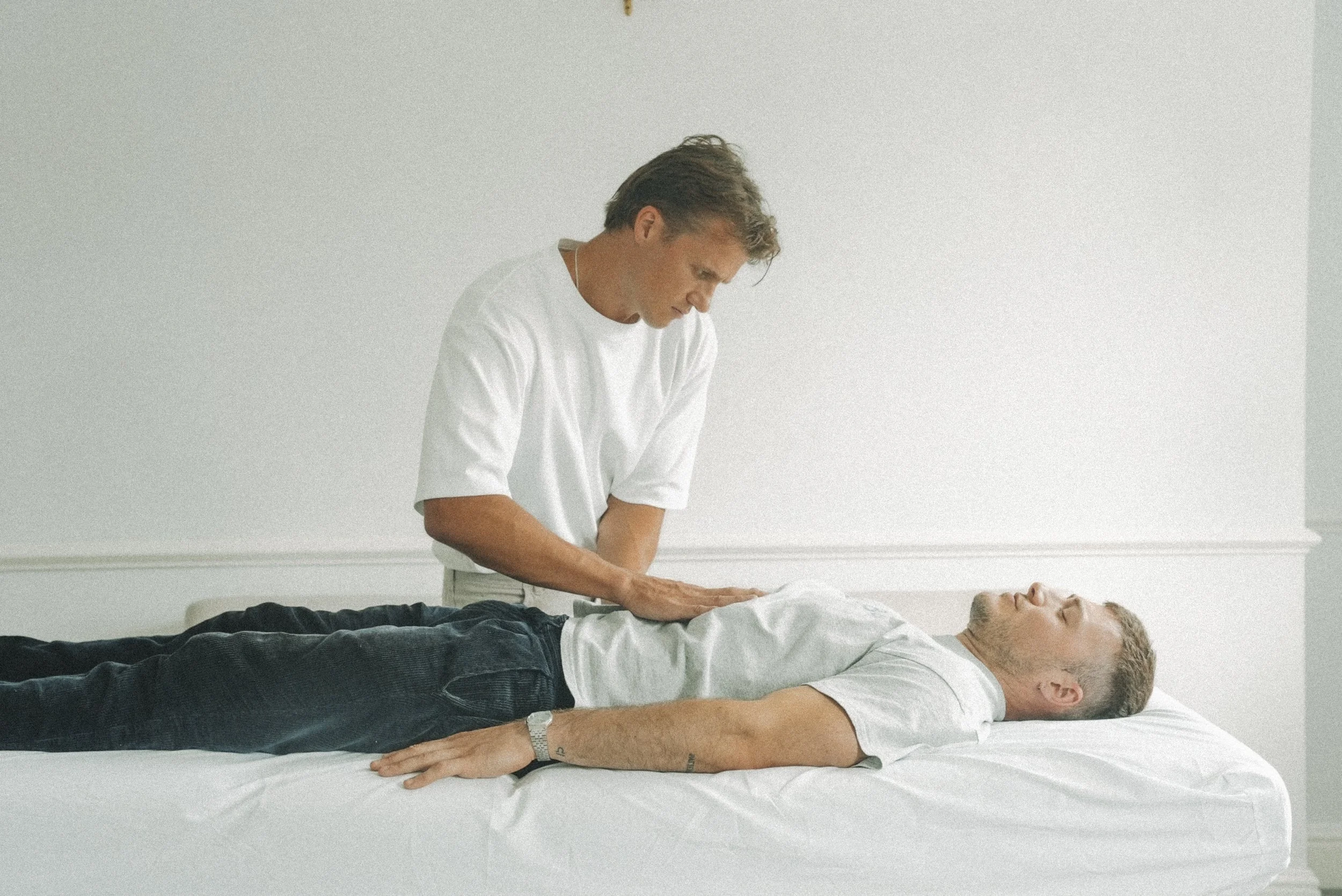Many of my clients come to me after investing in numerous talk therapy sessions, much like I once did, yet still struggling to make a real breakthrough in their personal or professional life. The Problem
The mind is often ready for change, but the body resists.
This can present in the body and appear as:AnxietyBody tensionAddiction and addictive patternsCreative blocksLimiting beliefs that affect work and relationshipsStress and overwhelmLack of clarity and purposeCareer uncertaintyRepeating negative patterns
When the nervous system does not feel it has the capacity to change, it creates protectors that keep us from accessing our deeper intuition. In late 2024, 22.6% of UK adults reported high levels of anxiety.
Research also shows that 63% of people with borderline anxiety met the criteria for dysfunctional breathing.
Why can change feel so hard?
Change can feel frightening, especially if you have not exercised that “muscle” for some time or carry small “t” traumas from past attempts that did not work out. Our ability to adapt is shaped by what psychologists call the window of tolerance - our optimal arousal zone, the amount of stress we can handle while still feeling connected to ourselves. Trauma and difficult life experiences can narrow this window, leaving us overwhelmed, reactive, or shut down.In my experience, when the window of tolerance is narrow, breathing patterns also become dysfunctional, further restricting our ability to create the change we really want.
Facilitated Breath Repatterning works directly with this.
By restoring more dynamic breathing, expanding the window of tolerance, and addressing limiting self-beliefs that surface during the process, we can regain access to our true self and move towards meaningful change.This has been my own experience, and it is my wish that it can be the same for you.





